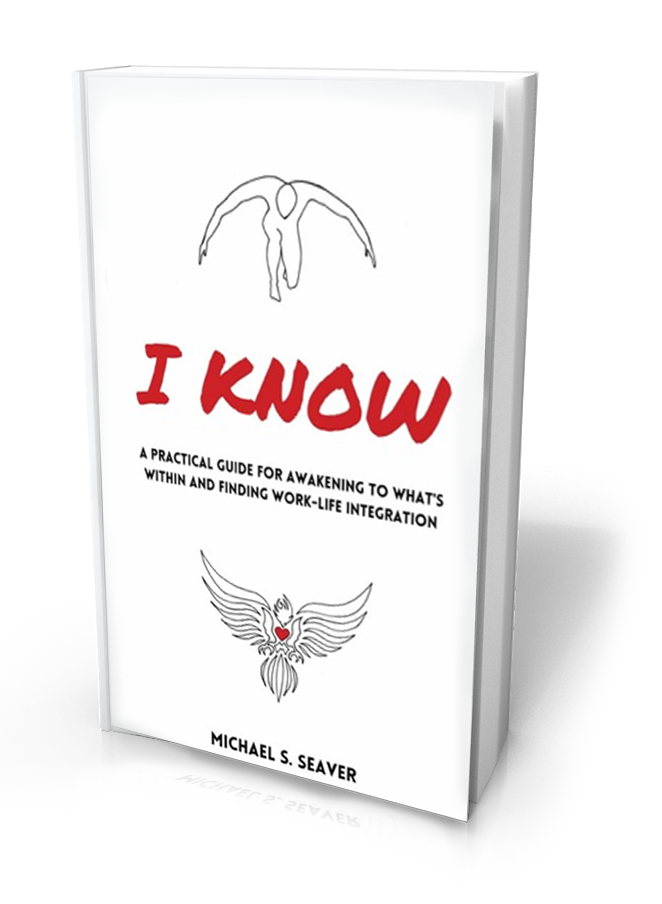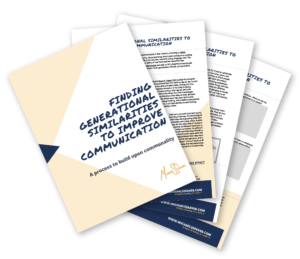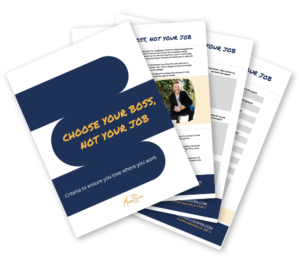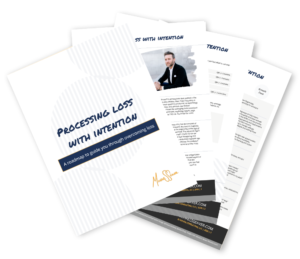In May of 2019, I was steeped in loss. I’d split with my partner in August of 2018 and made personal and business growth my priority, making a decision to focus on myself. Unfortunately, everything I tried in my business that spring season failed. I experienced extreme doubt during that dark time, wondering, “Why am I here, if everything I do results in failure?”
Like so many others facing a reckoning, I had to step back, get quiet, listen and reimagine my business and myself.
It was a difficult time in my life, but going through it allowed me to understand the process of transformation in a much deeper way than I would have had I not gone through it. The losses I experienced paved the way to the beautiful present I’m now living, one built on the foundation of a much stronger business model and a lovely new relationship.
Loss is tricky that way. Embedded within the most painful moments in our lives are gifts.
We are all, collectively, experiencing loss right now. Job loss, income loss. Routines, habits, certainty, in-person connection, beloved cultural icons, old comforts and ways of life…gone. Some temporarily, some permanently. Some of us are experiencing loss of loved ones.
We’re living through the events that will be studied in a future history class. CEOs are selling stock and resigning. The idolization of athletes, celebrities, and government officials is disappearing. Children are at home learning experientially. The old, outdated ways of doing things are decaying. Humans are learning that the answers to life’s most important questions don’t come from external sources. Instead, the answers are already inside each one us. We know what to do when we get very quiet and tune in to inner wisdom.
While that’s a hopeful message and one I am eager to spread, we are all watching human capital change at scale—seeing massive, structural, procedural change. And all change is accompanied by a feeling of loss.
From Fear to Freedom
So, how do we process it? How can we acknowledge our feelings of loss and move through them so we don’t blow up at others or live in terror or resignation, day in and day out? Our challenge is to recognize the positive aspects of this crisis, the learning we can achieve in this memorable season of our lives. Dr. Martin Seligman, pioneer of positive psychology, explained there are three “p words” that can get in the way of processing and healing when we are experiencing a loss. They are beautifully outlined by Sheryl Sandberg and Adam Grant in their book Option B:
- Personalization: The belief that we are at fault when a loss occurs.
- Pervasiveness: The belief that an event will affect all areas of our life.
- Permanence: The belief that the aftershocks of the loss will last forever.
Instead of getting stuck in the three p’s, define yourself as a person who endured challenges, overcame them, and now helps others overcome the same.
Here’s how:
1. Do the check in: Tune into your repetitive thoughts. Ask yourself, “What exactly did I lose here?” Be specific; list as many things you’ve lost lately as possible. Then ask, “What do I fear happening next?” “What will remain the same?” “Who can support me?”
Recognize your fears. Put them on paper. Then, think through what you can do to ensure the worst won’t happen. What’s the new habit or the workaround you can adopt?
Remind yourself that 95% of your life is going to remain the same. Finally, think about who you can turn to for help. Humans are social. Even in the time of social distancing, it is possible to not be socially distant. Connect. Make the call. Send the text.
2. Find emotional safety. Think about what you need to leave behind to return to a place of safety and security. When we lose someone, there’s a burial. It’s a significant visual marker to the human mind. By talking through exactly what you’ve lost recently and creating a symbolic visual ending, you can help yourself move through the loss and find emotional safety again. For example, you could write a letter to a parent or a boss about your frustration and then shred it. This allows you to move on to what’s ahead by releasing the past.
Next, consider what emotional triggers you may need to remove from your experience. When I get into an emotional place, I overeat sugar. Extract yourself from the environment or the repetitive action that causes pain, then remove the coping mechanisms you’ve relied on that don’t serve you long-term.
3. Share with others. The more we feel heard and appreciated, the better. So, set clear expectations about who can help you and how right now. Set short-term goals and stay connected—meaning you must communicate often. Reformulate what you’re going to start to do next in life. Begin by having the right people around you and by getting very clear about how you are going to treat yourself moving forward.
4. Take action: What are the new things that might make up your future? This is the creativity zone. Figure out new ways of doing the things that matter to you. Try two or three new things each week. Can’t go to Orangetheory Fitness for the time being? Find a new spot to hike outdoors.
The “how” has changed for all of us right now, but the goals don’t have to. As you begin to take action remind yourself to continually look within. Your new actions will be more intentional than they ever were before.
5. Practice consistency: Get clear on your life’s purpose, visualize your ideal lifestyle, follow up/check in with others every three to four days, and celebrate small wins. We all have goals, but now we have the time to look deeper. We may not be allowed to go out, but there is a lot we can do inside.
Take time to learn a new skill, to visualize, and to dream. Think about new ways to distribute your life’s work. During this part of the process, you’re saying to yourself, “I’ve had this loss, and I’ve had time to be still.” Now you get to ask, “What is the most authentic version of myself? How can I carry that forward in a consistent new way?” Take all of your life’s most important skills and apply them in a way that is more engaging and sustainable.
Answering the Call
One of my favorite books is The Alchemist by Paulo Coelho. He writes so eloquently on the very thing we’re discussing today: “When we least expect it, life sets us a challenge to test our courage and willingness to change; at such a moment, there is no point in pretending that nothing has happened or in saying that we are not yet ready. The challenge will not wait. Life does not look back.”
In this human life, we are all on our own hero’s journey. We cannot avoid difficult times. The good news is that transition is not about becoming someone “better” but about finally allowing yourself to become who you’ve always been. It’s a relaxing (or, struggle) into the truth. The path to this authentic place is paved with, well, everything—the good and the bad.
With loss.
“Let everything happen to you: beauty and terror,” the poet Rainer Maria Rilke wrote. “Just keep going. No feeling is final.”
If you need support during this challenging time, reach out to me. It is in connection to others that we’ll all find our way home.






Connect with me